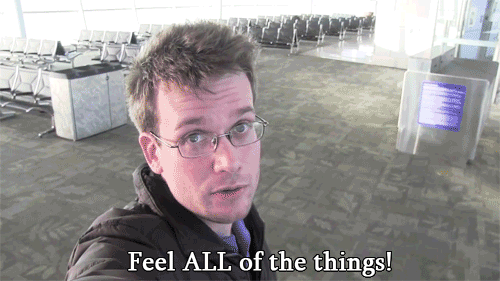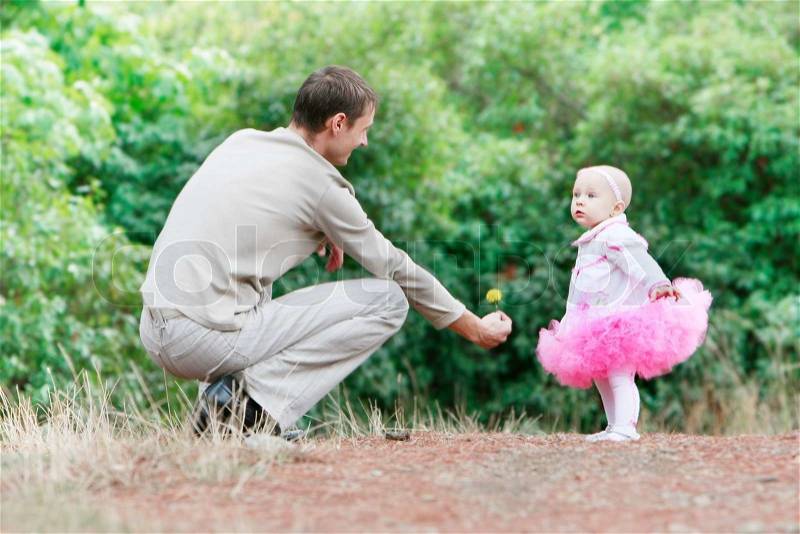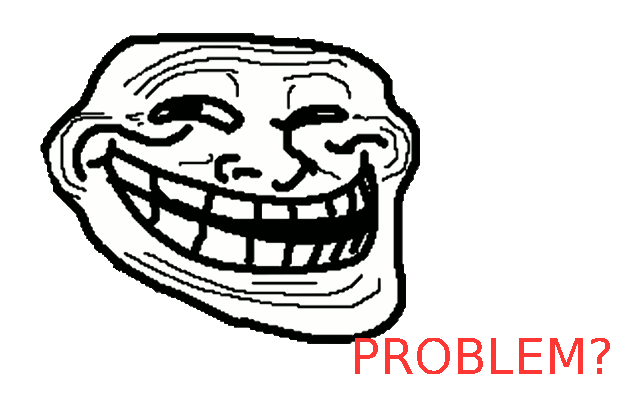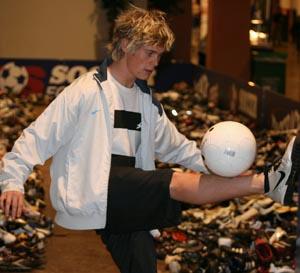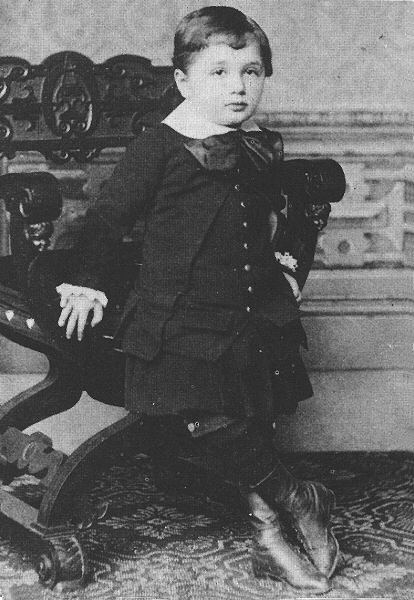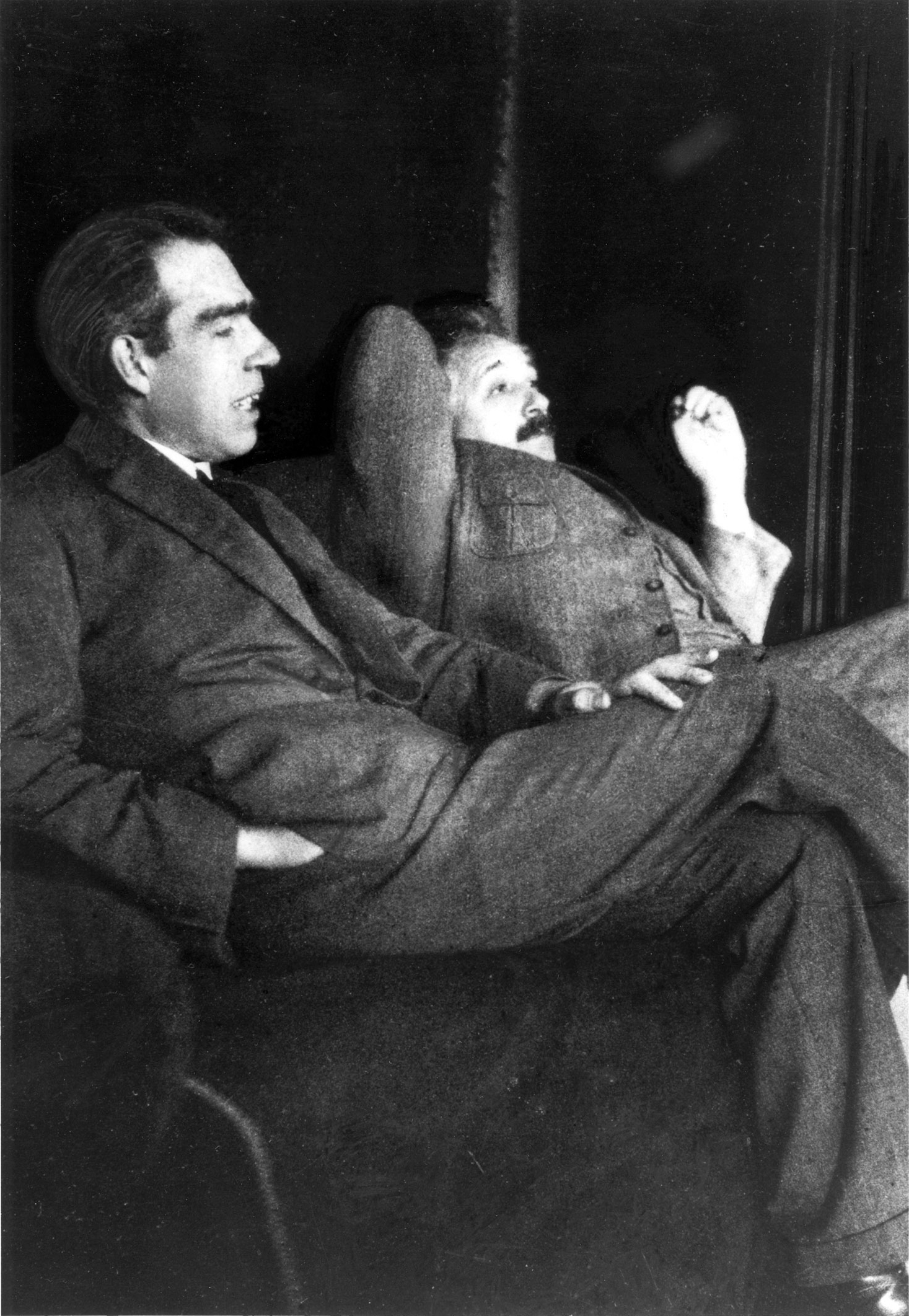
Often this seems to be a defensive approach to a corrupt world. Fed up, angsty people looking for social change and a better world spread the word via wall-writing.
Usually "question everything" seems to carry a connotation of "accept nothing" and "you're surrounded by lies and conspiracies and you're being duped" and other similar warnings.
Sometimes there is validity in this, but it certainly is not the only way to question everything. Questioning is a very valuable skill to develop. After all, if there's one thing I learned from Sesame Street, it's that asking questions is a way to find things out. And don't we want to spend our lives finding things out?
I think it's important to question everything. At the very least, to not be afraid to ask questions. If you just accept everything, even the acceptable, you'll never learn things.
I mean, think about little kids. They have EVERYTHING to learn because they haven't learned anything yet (particularly not how to give up) so they ask all the questions that people usually just accept. Like why the sky is blue and why birds can fly and why cats can't talk.
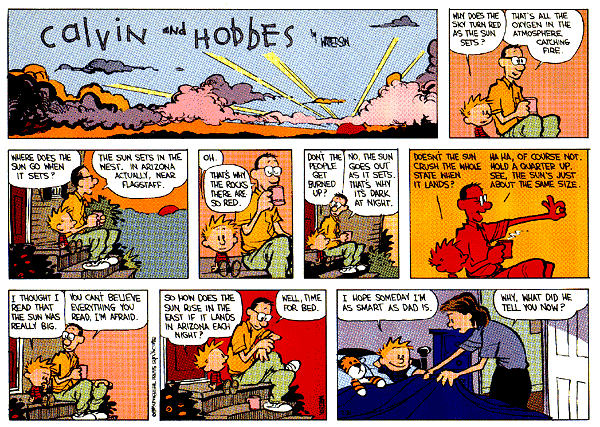 |
| Calvin's dad has plenty of fatherly wisdom to impart to us. There's a collection of it here. |
And then answer as many questions as you possibly can. Some questions have good answers that are easy. Some questions have good answers that are harder, but might give you some insight you normally wouldn't have arrived upon. Some questions don't have good answers...yet. And some questions may never have good answers. They might only lead to more and more questions without answers. But it's still important to ask them.
Asking good questions makes you notice things you normally wouldn't notice. It makes you accept things as an educated sovereign mind, rather than just ignorantly forgetting about the wonderful things around you. You have to know a thing or two in order to ask a question, so it challenges and enhances this education called life in multiple ways. It's delightful, really.
And don't turn into a four year old and only ever ask, "Why?" Remember sometimes to ask, "Why not?"
